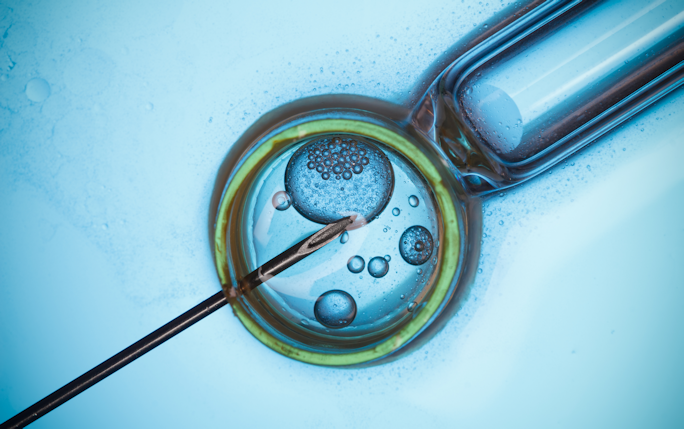
Dr Craig Purshouse’s research on whether lost autonomy should be recognised as a new form of damage in the tort of negligence has been cited by highest appellate court in Singapore in a recent case on ‘wrongful fertilisation’.
In ACB v Thomson Medical Pte Ltd and others [2017] SGCA 20, the appellant and her husband had sought to conceive a child through IVF. Due to the negligence of the defendants, she was fertilised by the sperm of a complete stranger instead of sperm from her husband. The Court of Appeal of Singapore rejected her claim for the costs of raising the child and her claim for lost autonomy. Instead they recognised a new form of actionable damage and awarded her damages for loss of ‘genetic affinity’.
Dr Purshouse has previously argued that ‘lost autonomy’ should not be recognised as a new form of damage in negligence as doing so would be inconsistent with the law on what constitutes actionable damage in negligence and would undermine existing control mechanisms in this tort. In rejecting the ‘loss of autonomy’ part of the claim, the Court of Appeal of Singapore cited his work on this topic and adopted similar arguments.
Craig Purshouse’s work on ‘lost autonomy’ in negligence:
‘How Should Autonomy Be Defined in Medical Negligence Cases?’ (2015) 10 Clinical Ethics 107.